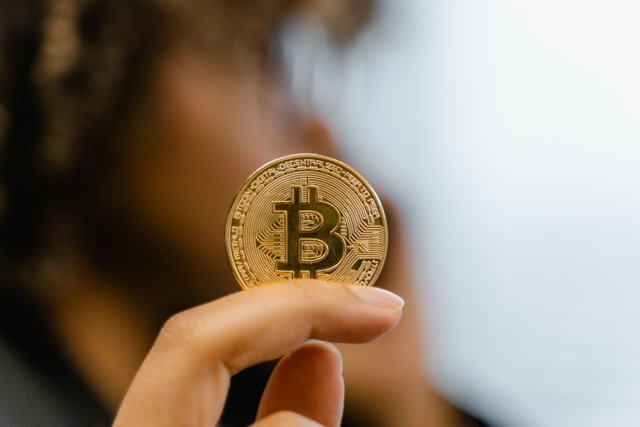Cryptocurrency Basics: A Beginner’s Guide (2021 Update)
What Is Cryptocurrency?
Cryptocurrency Basics: How Cryptocurrency Works
The Different Forms of Cryptocurrencies
Different Types of Cryptocurrency
Example of a Cryptocurrency Transaction
How Investors Buy or Trade Cryptocurrency
Cryptocurrency Regulation And Rules
Cryptocurrency Best Practices
Education Is The Key in 2021
Cryptocurrency has been called everything from the money of the future to an extremely risky asset that shouldn’t be touched with a 10-foot pole.
So which is it?
And the bigger question is this: should you be investing your hmoney hard-earned in it?
Thoughts and strategies about cryptocurrency spread fast. This is because cryptocurrency is a complicated and unique technology that is also accessible. It can be understood by anyone, regardless of background.
That’s how it spreads like wildfire.
And let’s not forget about all the FOMO (fear of missing out) that cryptocurrency brings.
Maybe you have had it recently with cryptocurrency being a focal point of the news and online conversation.
This may leave you wondering if you should be investing in it, if it’s even safe, or how it even works.
That’s what this article will explain: the cryptocurrency basics by breaking down its complex nature so that you can become more knowledgeable on the topic.
Only after you understand these basics can you make a decision on whether or not it is right for your investment needs.
By the end of this article, you’ll have an understanding of cryptocurrency basics such as:
What cryptocurrency fundamentally is
The different types of cryptocurrency
The current regulation and rules around it
How investors buy and sell it
Best practices investors follow
Let's get started!
What Is Cryptocurrency?
It’s easy to get tripped over the technicalities of cryptocurrency, so let’s start with the cryptocurrency basics.
Cryptocurrency is digital money.
Because it’s purely digital, there are no physical coins or bills tied to it.
Cryptocurrencies are not tied to valuable assets — they are not tied to anything of value in the real world, and this makes the value fluctuate erratically, which you’ve likely seen.
For example, in July of 2019, Bitcoin fell about $530, or 5%, in a 40-minute span after being mostly flat for the day. Why? There was speculation, but no real answer. In February of 2021, the price of a single bitcoin "briefly rose above $50,000", setting a new record. Why? There was speculation, but no real answer.
Unlike stocks, bonds, artwork, real estate, or precious metals, cryptocurrencies have no use or value outside of possession.
GoldSilver’s founder, Mike Maloney, likes to compare "crypto" to gold — except the big distinction there is that gold actually has a purpose outside of using it for currency.
Gold is a vital component in electronics, and jewelry — and thus has value outside of its limited supply.
Cryptocurrency, on the other hand, only costs money because someone else has it, and wants money to give it to you.
Currencies have always faced two problems in general:
They require a central authority to regulate their value, production, and authenticity.
They fall victim to fraudulent creation.
Bitcoin — one of the many forms of cryptocurrency — was invented to combat these exact problems.
The blockchain system (which we’ll explain in a minute) and high-level encryption address both problems.
Because Bitcoin is automated and highly encrypted, the system doesn’t require a central authority to regulate it (in fact, it can’t be regulated) and transactions cannot be fraudulent.
That’s all bitcoin is — the answer to the question “what would it take to create a virtual currency without a central authority?”

For more information click here https://www.digistore24.com/redir/223831/Rafikicherry/
Nice post
Tq sunbabu